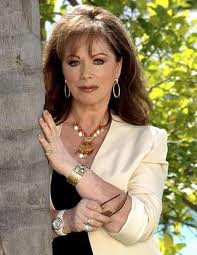Self-Publishing and The Midlist.
Guest Post by By Catherine Czerkawska
If I were to define midlist, I suppose it would be that huge, fertile, centre ground of well-written fiction which doesn’t slot neatly into any particular genre. It might be written by authors who like to experiment with crossing the boundaries and don’t see why they should always have to change their names to do so, especially when the ‘voice’ remains much the same.
I write historical and contemporary fiction, but the style is undoubtedly mine. Midlist readers are often, but by no means exclusively, female, often middle aged or older. They seem to be voracious readers.
The midlist used to be the seed bed from which the occasional (almost always unpredictable) blockbuster would spring. Screenwriter William Goldman’s much quoted dictum that ‘nobody knows anything’ applies just as much to fiction as to film. If the publisher got lucky, it might be an author's first or second book that made the breakthrough. More frequently it would be their fifth, sixth or seventh book. And if a book did become a bestseller or spawn a number of sequels, some of those profits would be ploughed back into nurturing other seedlings. Broadly speaking, that’s how it used to be, before the big corporations ate the smaller companies and changed the whole ethos of publishing in the process.










